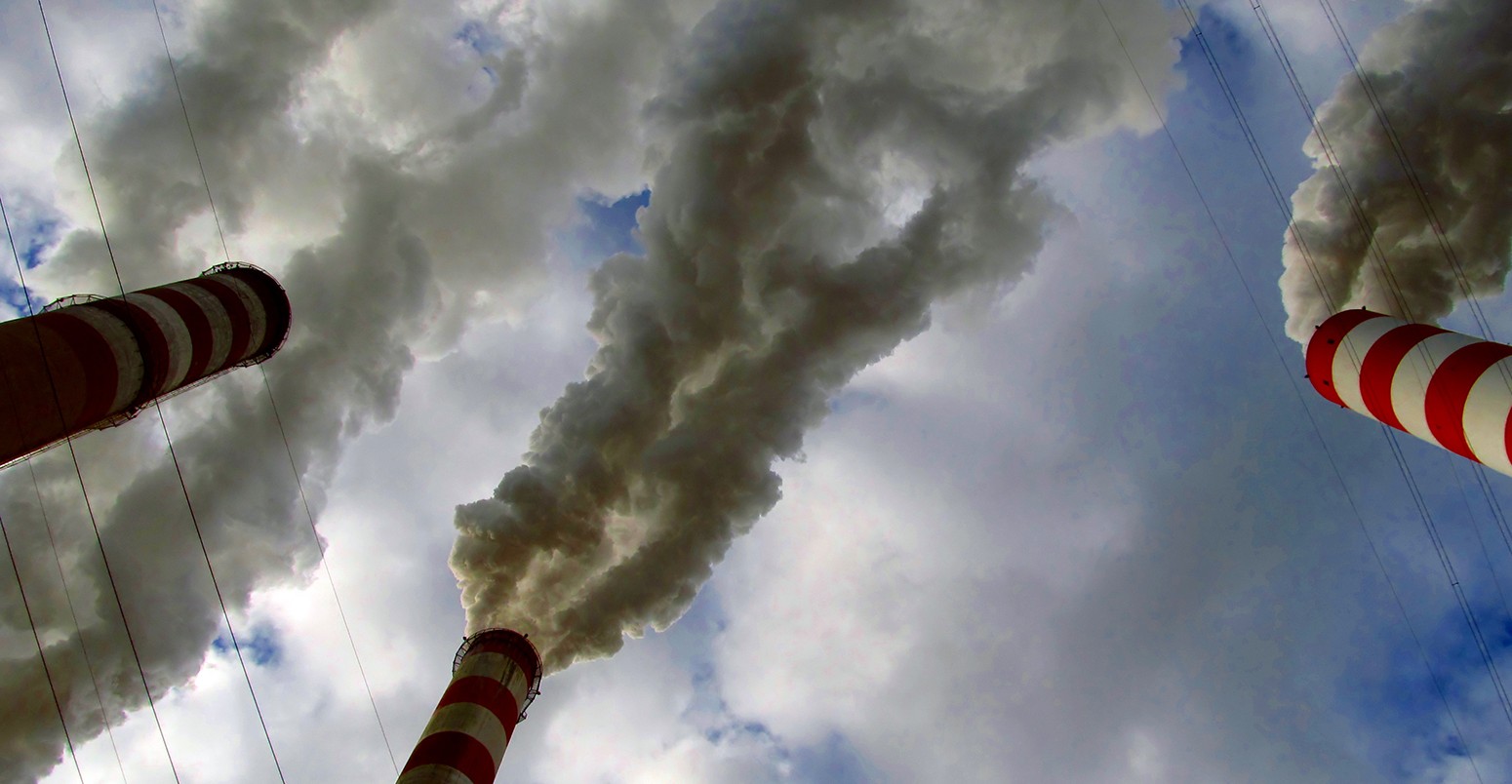
Global emissions trading scheme ‘should be based on UN carbon budget’
Multiple Authors
03.12.15Multiple Authors
12.03.2015 | 6:30pmThe Intergovernmental Panel on Climate Change’s (IPCC) carbon budget could provide the scientific basis for a global cap on emissions, suggested Tim Yeo, the outgoing chair of the UK’s energy and climate change committee.
In its most recent report, the UN-backed panel of climate scientists calculated that total carbon dioxide emissions must be limited to 3,670 gigatonnes for a likely chance of limiting warming to two degrees Celsius. Around 1,890 gigatonnes of this “budget” had already been emitted by 2011.
Yeo told a conference in London today that the remaining gigatonnes could guide governments in capping carbon globally through an emissions trading scheme.
He said:
“The IPCC fifth assessment report suggested there’s now a cap for global emissions over all time which can safely be emitted. That seems to be a natural opportunity to say, well, let’s make that the cap for a global system. Of course, there are lots of hurdles to try and implement that, but the concept seems one that is good.”
This would mean translating the IPCC’s uncertain scientific budget into a political target. While scientists have worked out the how many gigatonnes remain in the budget for a likely chance of two degrees, it remains for governments to decide whether to make two degrees the target and whether they want to convert the carbon budget into policy.
Challenges
But implementing Yeo’s suggestion would present a raft of difficulties.
Despite growing calls for a global price on carbon from leading policymakers and economists, including World Bank president Jim Yong Kim, the prospects for a global emissions trading scheme remain murky.
Some governments, such as British Columbia in Canada, would prefer to simply tax carbon, rather than setting an absolute cap. Others, including socialist governments such as Bolivia and Venezuela, oppose markets altogether, which they see as a way for richer nations to buy their way out of cutting their own emissions.
One possible outcome of the UN climate negotiations in Paris this December is the establishment of an international emissions trading scheme, which countries with economy-wide emissions targets could choose to participate in.
Yeo’s proposal would also mark a sea change in how countries set about capping the number of credits within their trading scheme.
Currently, allowances are doled out on an annual basis, according to the region’s domestic targets, rather than an absolute limit for all time, as per Yeo’s suggestion.
For instance, the EU capped allowances at 2,084,301,856 of one tonne each in 2013 – a figure that will decrease by 1.74% each year until 2020.
Worldwide effort
A vision for the UK’s future energy system set out today by the energy and climate change committee puts a well functioning and increasingly international EU trading system front and centre of national efforts to curb climate change.
“A price of carbon has spread around the world to other emissions trading systems which are increasingly linked to one another in order to benefit from cheaper carbon reduction opportunities,” the report imagines.
Launching the report, Yeo expressed his hope that enthusiasm for emissions trading within the US and China could accelerate efforts to put a cap on emissions.
The outcome of the UN climate negotiations this year should take care not to interrupt the growth of these kind of regional schemes, he stressed.
“To facilitate the development of a global carbon market that could cap overall emissions at a safe level – and keep temperature rises below the two degrees danger threshold – any new climate deal must avoid obstructing the spread of the disparate emissions trading systems that have emerged around the world.”
Priorities
David Hone, climate change advisor to Shell, backed a focus on carbon pricing. Speaking at the same event, he said his climate policy priority for the next five years was for the EU’s emissions trading scheme (EU ETS) to be rescued from current low prices of around â?¬7 per tonne.
Carbon prices of â?¬25 to â?¬30 per tonne in the early years of the EU ETS had demonstrably changed behaviours, including at Shell’s own operations, Hone said, but even higher carbon prices would be needed in the longer term.
Hone said:
“It is going to cost money to reach a net-zero emissions society. There is a cost, but that doesn’t mean we shouldn’t do itâ?¦ the costs of action will be lower than the costs of doing nothing.”
Jeremy Oppenheim, programme director of the New Climate Economy project, said bodies such as the UK’s Treasury should be required to take a much more coherent, integrated view considering the potential benefits of climate action alongside the costs.
The shift to a low-carbon world will need more than carbon pricing alone, said Jonathan Brearley, former director of energy strategy and futures at the Department of Energy and Climate Change (DECC).
Brearley said:
“When I came into climate change and energy policy in around 2006 there was still a view, one that I held initially, that all climate change really meant was you’ve got to get a carbon price and if you get the carbon price [government] can back off and the industry will sort itself out. I don’t think that model was ever credible, and I don’t think that model on its own will ever deliver the sorts of changes that we need.”
Yeo’s speech to today’s conference criticised “flat earth” climate sceptics, along with opponents of onshore wind and fracking. He said a ban on new onshore windfarms would increase energy bills, reported the Telegraph. The Guardian focussed on Yeo’s support for fracking.

